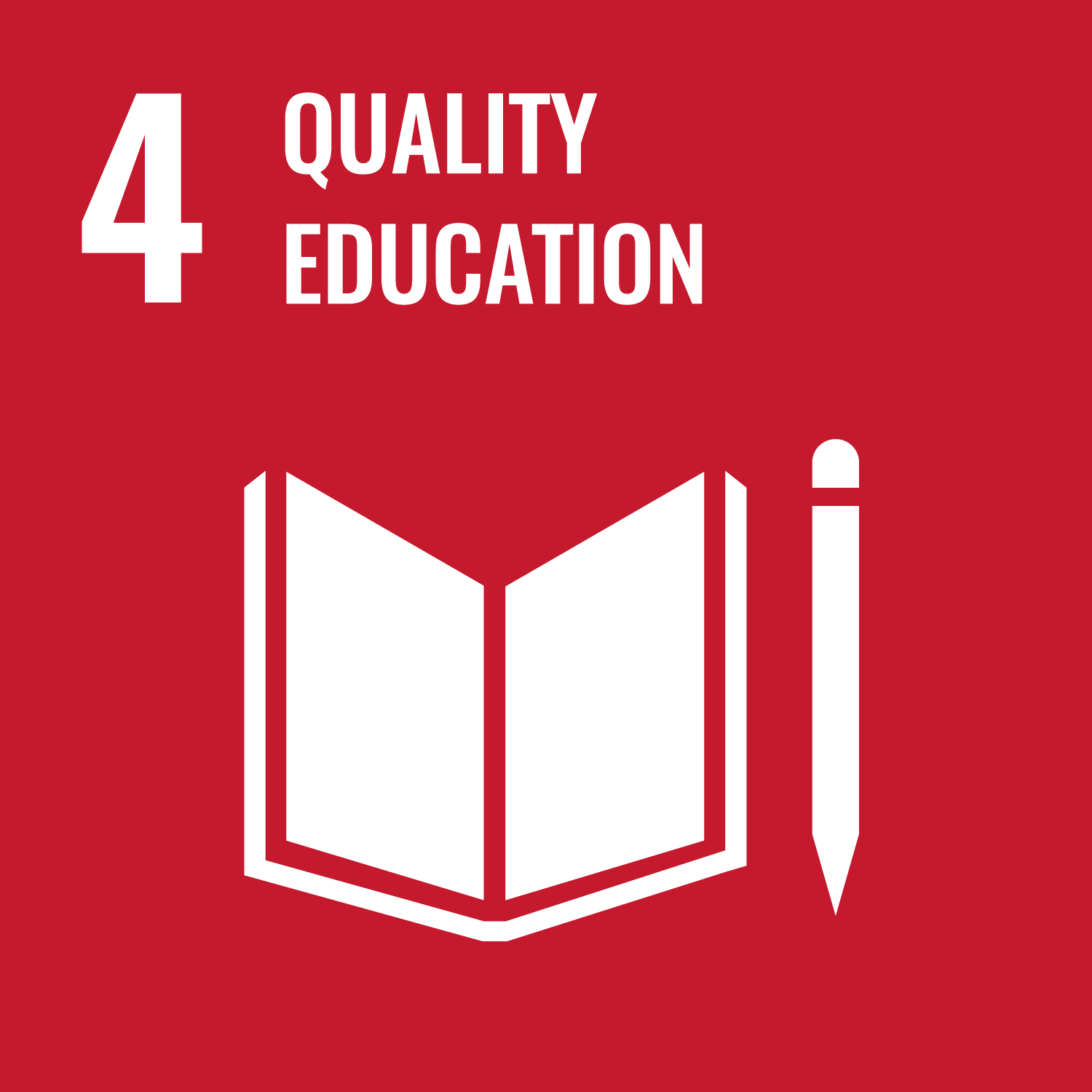Kamarudin, M.Z. orcid.org/0000-0001-9670-9791, Noor, M.S.A.M. and Omar, R. (Cover date: 2024) A scoping review of the effects of a technology-integrated, inquiry-based approach on primary pupils’ learning in science. Research in Science & Technological Education, 42 (3). pp. 828-847. ISSN 0263-5143
Abstract
Background
Since the turn of the 21st century, research on an inquiry-based approach in science education has increasingly been geared towards the integration of technology, primarily focused on secondary and tertiary education. Thus far, no study has reviewed research on a technology-integrated, inquiry-based approach in the specific context of primary science education.
Purpose & Method
This scoping review has two primary aims: to investigate the characteristics of the technological interventions used in previous research that employed an inquiry-based approach in science education and to examine the effects of this integrated approach on primary pupils’ learning in science. Fifteen articles from science education journals based on Scimago Journal Rank in the first quartile of 2020 and the Scopus database of the years 2017 to 2021 were extracted and reviewed using narrative and thematic analysis.
Findings
The review navigates research that has focused on the development of inquiry-based technological tools, the assimilation of the tools with scientific knowledge, and the type of technological intervention used. The technological tools employed were either self-developed or already available on the market. They took one of two forms: a learning management system or a games/simulation. Furthermore, most of the research integrated science contents into their technological tools. In terms of the effects of the technology-integrated, inquiry-based approach, most of the studies demonstrated positive impacts on primary pupils’ learning in science, including pupils’ improved conceptual understanding, scientific and thinking skills, views towards science, levels of motivation and interest, and collaborative skills.
Conclusions
Based on this review, it is suggested that science teachers should integrate technology into an inquiry-based approach, as research has shown that this approach positively impacts pupils’ learning in science. Future empirical studies should also be carried out to examine the processes needed to integrate technology into an inquiry-based approach, rather than focusing on the effects alone.
Metadata
| Item Type: | Article |
|---|---|
| Authors/Creators: |
|
| Copyright, Publisher and Additional Information: | This item is protected by copyright. This is an author produced version of an article published in Research in Science and Technological Education. Uploaded in accordance with the publisher's self-archiving policy. |
| Keywords: | Scoping review; technology-integrated teaching and learning; inquiry-based approach; primary science |
| Dates: |
|
| Institution: | The University of Leeds |
| Academic Units: | The University of Leeds > Faculty of Education, Social Sciences and Law (Leeds) > School of Education (Leeds) |
| Depositing User: | Symplectic Publications |
| Date Deposited: | 09 Oct 2024 09:48 |
| Last Modified: | 10 Oct 2024 10:47 |
| Published Version: | https://www.tandfonline.com/doi/full/10.1080/02635... |
| Status: | Published |
| Publisher: | Taylor & Francis |
| Identification Number: | 10.1080/02635143.2022.2138847 |
| Sustainable Development Goals: | |
| Open Archives Initiative ID (OAI ID): | oai:eprints.whiterose.ac.uk:218109 |


 CORE (COnnecting REpositories)
CORE (COnnecting REpositories) CORE (COnnecting REpositories)
CORE (COnnecting REpositories)